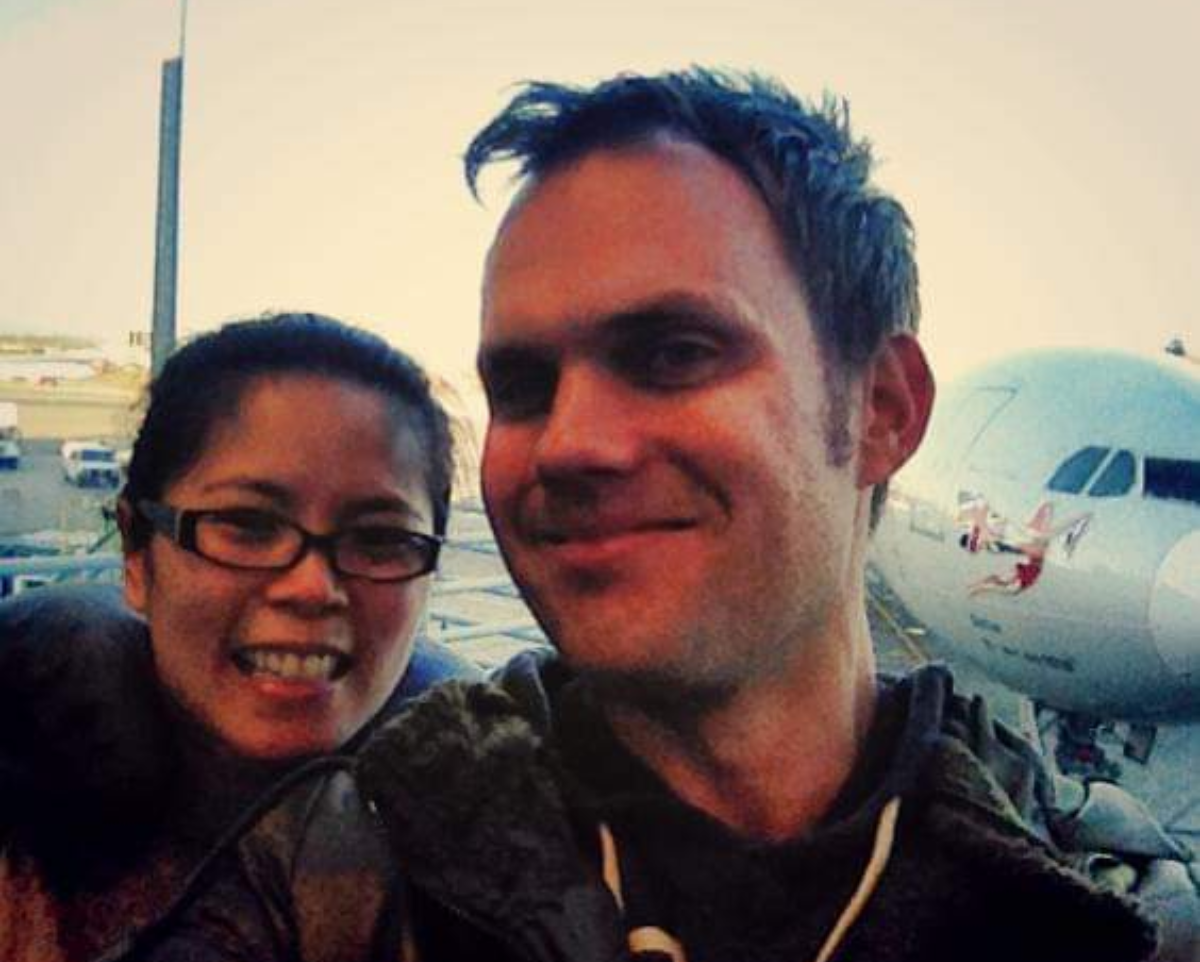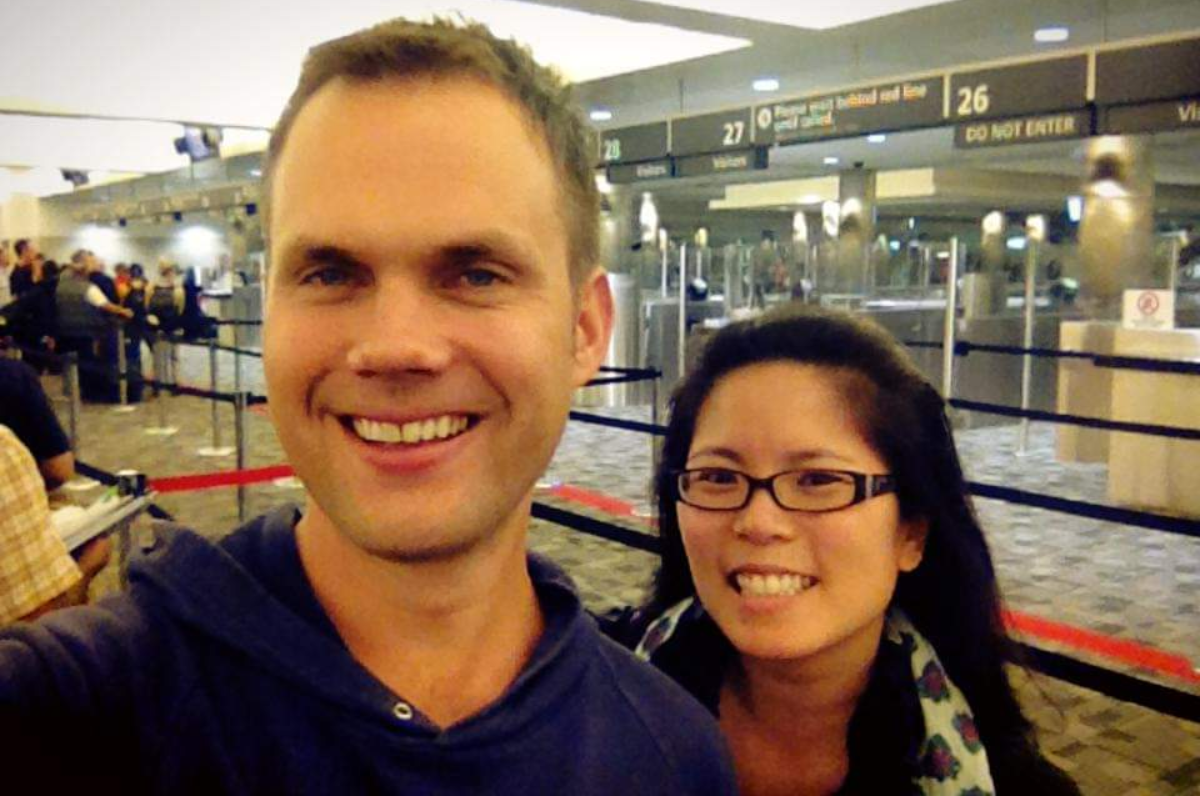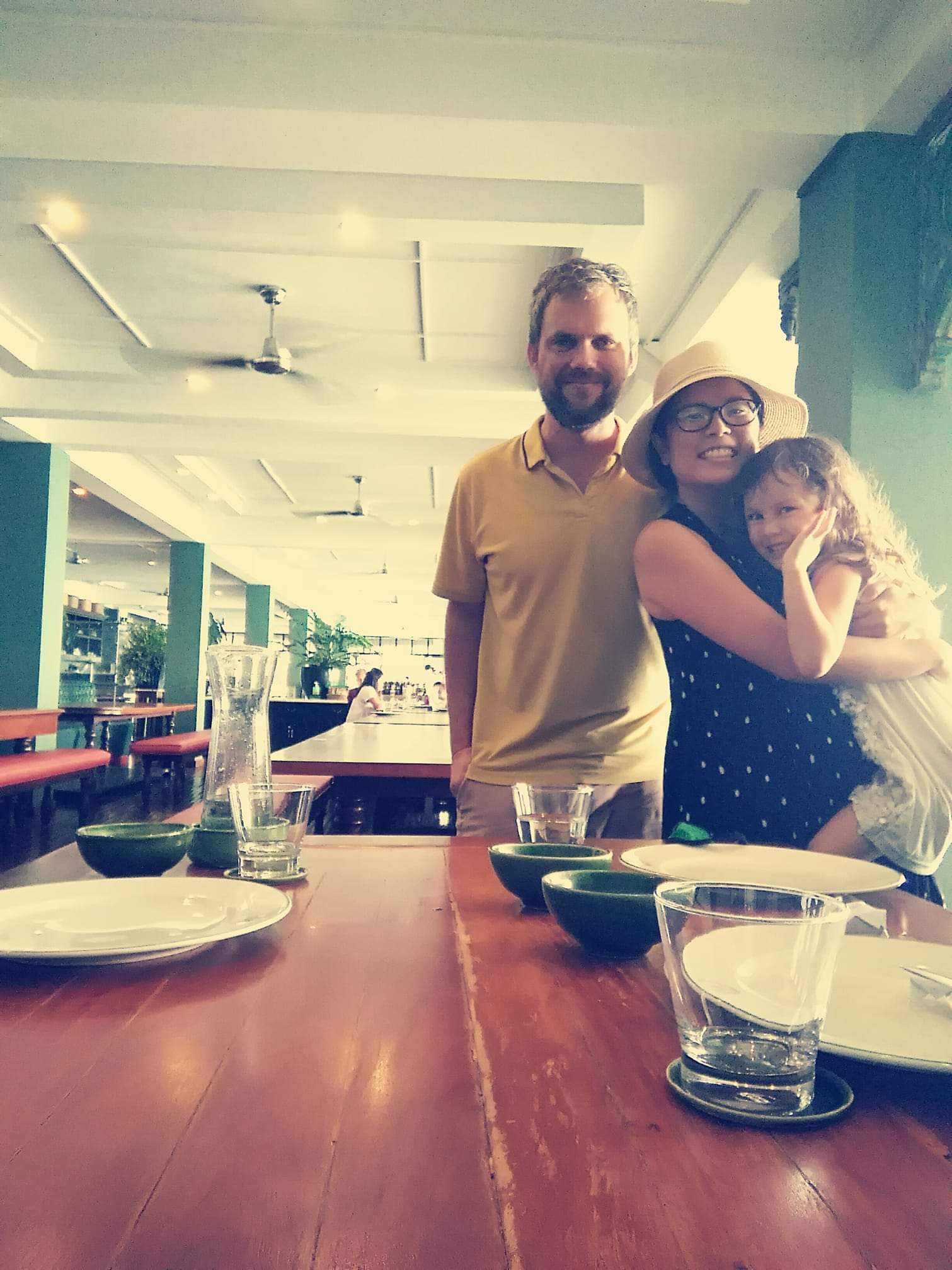We Quit Our Jobs In California To Travel The World And Do Service Projects Eight Years Ago. Here’s Why We’re Still Going And We’re Glad We Didn’t Wait For Retirement.
Extended world travel and volunteering are things most people associate with retirement. But I know from experience you can do both much earlier.
Eight years ago my wife Jammie and I quit our jobs in Northern California to take off on a year of travel and service projects around the globe.
We bought round-the-world plane tickets with stops in Bangkok, Buenos Aires, Berlin and Mumbai. After selling or giving away most of our possessions we headed out on what we thought would be a year-long adventure before getting back to “normal” life in the United States.
Little did we know that international living would become our new normal and that we’d still be at it eight years later.
I’ve put together a few of the lessons we learned just in case traveling around the world and living in different countries while making a good living sounds appealing to you.
Here they are in no particular order:
Go to church!!
It may seem like a weird thing to start with, but honestly there is nothing quite like a church community to put your mind at ease when you come to a new country. When Jammie and I landed in Bangkok on the first leg of our round-the-world trip, we made friends instantly through Bangkok International Church of Seventh-day Adventists (BIC). These friends showed us around, found us affordable accommodation, fed us and even offered us jobs. In every country we’ve lived in since, church attendance has been a major blessing. We’ve been hooked up in every single country. This is no throwaway suggestion. It can make the difference between barely scratching the surface of a new city or region and truly immersing yourself through a community of local, supportive friends.
Get involved in some form of volunteering
Aside from the fact that it feels great to do something for other people, volunteering is another way to make friends and quickly become part of local communities no matter where you are in the world. It breaks down the economic, cultural and language barriers that often separate foreigners from locals. Whether through helping out at a soup kitchen in Buenos Aires, visiting orphans in Bangkok, or helping a Filipino tuk-tuk driver start a side business during the coronavirus crisis, our volunteer efforts have always felt rewarding and meaningful. If people see you going out of your way to help them and their community, they will find ways to reciprocate and you get a virtuous cycle going. But back to my original point: even if, for some strange reason, you get nothing in return, volunteering time and other resources is intrinsically rewarding. It makes you happier.

It costs money to travel but not as much as you might think
Flight tickets can be expensive. But if you live like a middle-to-upper-middle-class local in most countries around the world, you can live on a fraction of what you are accustomed to spending at home if you are from the United States or a country with a similar cost of living. Your burn rate is often drastically lower. To get a feel for what basic things like rent, groceries and public transport cost around the world, plug your destination into Numbeo. You’ll see what I mean.
Your money is worth 3-7X what it is back home
What’s absolutely crazy is that if you can figure out a way to work remotely or run a business online (I currently do both), a US or similar income is worth 3-7 times what it is at home in most other parts of the world. I’ll dedicate future posts to explaining how I went about starting my business but for now I’ll say this: the huge drop in cost of living when you move abroad means you have options. You can save your money; improve your lifestyle; invest in building a business or some combination of all three. The reality is that traveling the world and significantly improving your lifestyle costs less than scraping by stateside.
During our first year, the lower cost of living in Bangkok and Buenos Aires helped offset the higher cost of living in Berlin. We were able to live the whole year off savings. After our first year of living abroad we decided to try to live indefinitely as digital nomads (travelers making money online.) So we went back to Thailand where we could keep our costs very low in the early days of my digital publishing business. As we started to make more money we were able to improve our lifestyle and start country hopping. There is absolutely no reason to wait for retirement to do this kind of thing when you can do it now. Who knows if you will have the energy to crisscross the globe in the sunset years?

Know your value
If you’re a college graduate with some work experience you can leverage that to good effect pretty much anywhere you go around the world. I’ve lost track of the work opportunities I’ve been offered and turned down over the years as I’ve focused on building and developing Adventist websites. What is abundantly clear is that, especially if you have a degree from a Western country, you are a rare commodity. You can fairly easily find work opportunities in education or business as you hunt for the ideal work set-up in your new home. And the fact that you are there in the flesh gives you a huge advantage over other job candidates that employers have to recruit from overseas.
Flexibility is a superpower
The best way to plan when building a life overseas is to plan for your plan not to go to plan. Be flexible. As I write this, the coronavirus pandemic is teaching all of us to be flexible.
For Jammie, Journie (our born-in-Bangkok daughter) and I, flexibility meant first postponing, then cancelling plans to live in Malaysia for 6-9 months in 2020. Instead we moved from the Philippine capital of Manila, to a far less densely populated resort town two hours south of the city called Tagaytay where we stayed put during the worst of the COVID-19 outbreak.
The pandemic aside, flexibility is a superpower that travel teaches you as a matter of survival. You are not on your turf when globetrotting and there will be many surprises and adventures, sometimes involving something as simple as finding a supermarket. Learn to adapt and be at ease with uncertainty. That kind of flexibility will help you find opportunities and problem-solve both abroad and at home.

Just go
This may be my most controversial advice but when it comes to considering a leap from living in your country to traveling the world, it’s easy to keep delaying the jump. Don’t overthink it. Yes, do make sure you have a safety cushion of savings and, if you are planning on long-term travel, some kind of remote work gig that will allow you financial security as you vagabond. But don’t get into the trap of thinking you have to achieve some kind of retirement status before you decide to go. You’ll wind up talking yourself out of a life-changing adventure if you wait. Just do it and correct course as you go.
Alright, this post is already longer than I had intended. Leave a comment if you have any questions about the above or anything else about building a life abroad.


There are no comments
Add yours